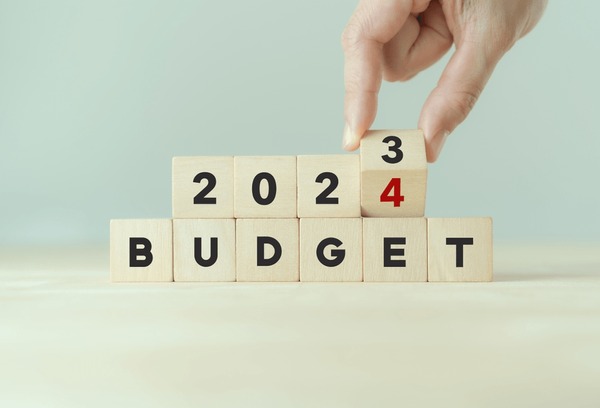India–US Trade Tensions Rise Over Steel and Auto Tariffs NMDC Limited reports a 38% drop in Q4 FY24 consolidated net profit RINL to Raise $23 Million Through Land Sales Amid Crisis

India's leading steel companies are gearing up to expand their capacity and are optimistic that the upcoming Budget will support their investments. They urge measures to ensure raw material security, infrastructure development, and fair trade practices.
In the Financial Year 2026-27, steelmakers are set to add approximately 38.5 million tonnes per annum (mtpa) of new capacity. The government's emphasis on infrastructure, the largest consumer of steel, has driven demand, and industry players are hopeful that this momentum will be sustained in the Budget.
TV Narendran, the Managing Director and CEO of Tata Steel emphasised the need for continued government support for infrastructure development and improvements in the ease of business.
Jayant Acharya, the Joint Managing Director and CEO of JSW Steel, advocated extending the concessional tax rate of 15% for new manufacturing companies, asserting that it would facilitate significant investments. This concession is currently valid until March 31, 2024.
Concerns were raised about India becoming a destination for imports from countries with weaker demand, particularly China. Steel companies are urging the government to take swift action through effective trade remedial measures to counter low-priced imports and protect their margins.
Dilip Oommen, CEO of ArcelorMittal Nippon Steel India (AM/NS India), called for a stronger focus on anti-dumping measures and outlined key areas for attention in the Budget, including raw material security, infrastructure investment, a competitive financial ecosystem, research and development incentives, export promotion, skill development, and environmental sustainability.
The steel industry is hoping for Budget proposals to address input costs. Oommen stressed the importance of rationalising the taxation of key inputs such as natural gas, coking coal, electricity, and iron ore for the industry's sustainability.
According to Acharya, Customs duty on coking coal should be removed as this raw material is not domestically available. Jindal Stainless's managing director, Abhyuday Jindal, called for a long-term exemption of basic customs duty on ferro nickel and ferro molybdenum to ensure competitive access to important raw materials.
Additionally, the steel industry advocates for the continuation of zero customs duty on stainless steel scrap, steel scrap, and pure nickel. As per Jindal, export duty of 30% on chrome ore exports from the country should also be maintained.
T V Narendran highlighted the importance of incentivising the adoption of greener process routes, urging the government to consider such measures in the Budget.
Also Read : Steel makers face headwinds from coal price upsurge PM Modi unveils Varanasi's ₹19,150 cr development project